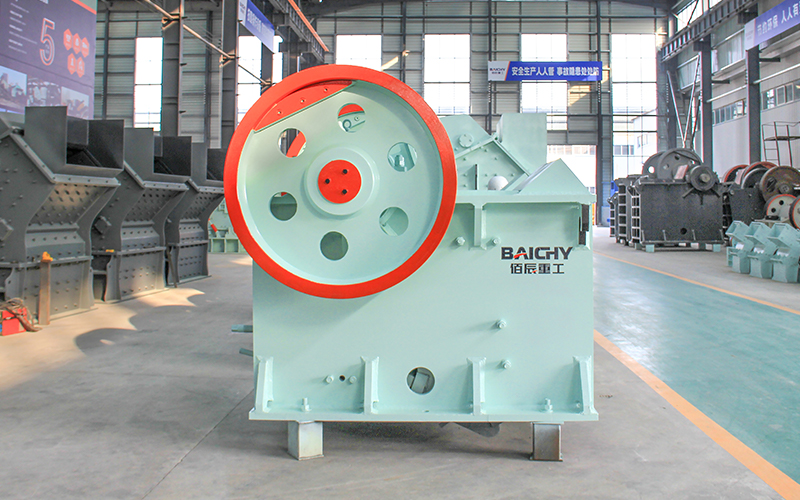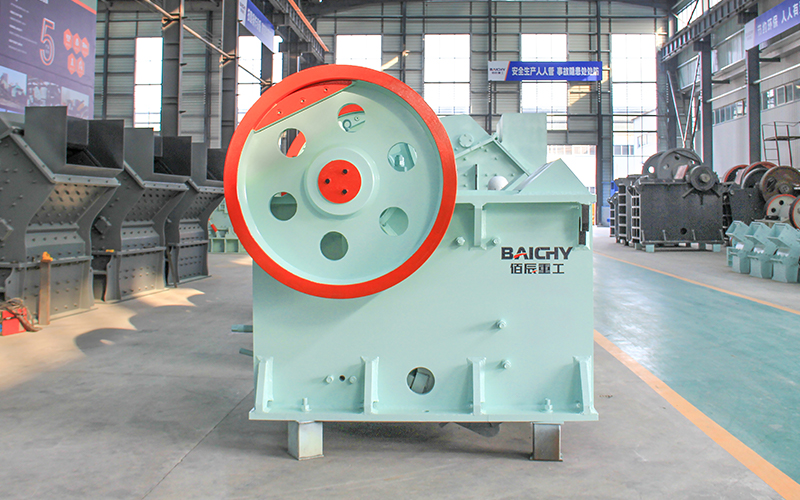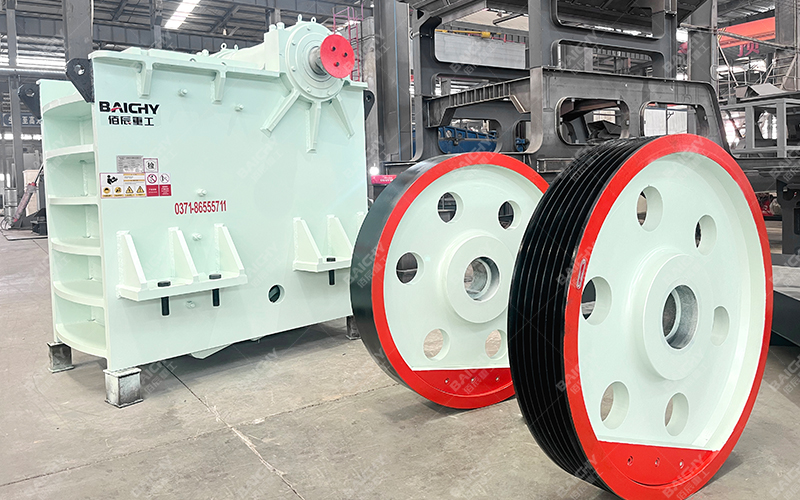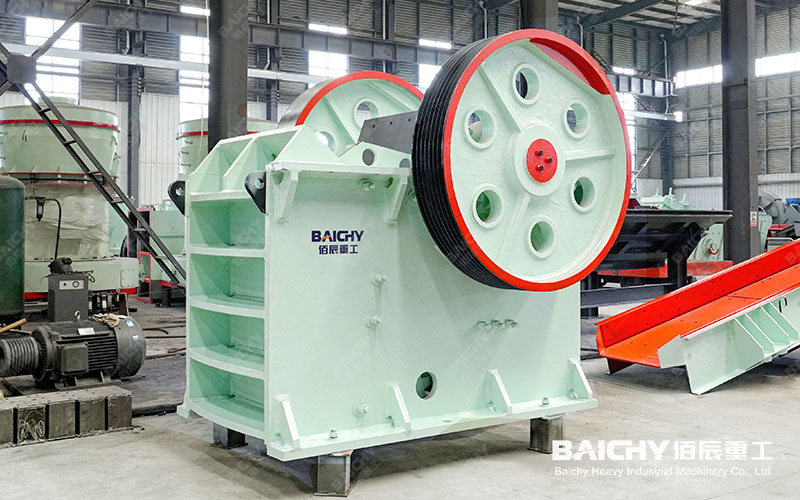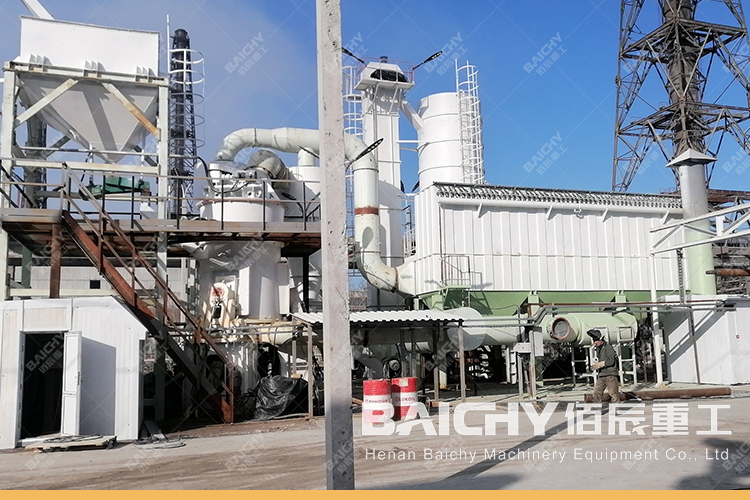
Vertical grinding mills are widely used in many industries, including building materials, chemical industry, metallurgy, electric power, environmental protection, mining, etc. In these industries, vertical mills are mainly used for grinding various materials, such as limestone, gypsum, clay, iron ore, coal, etc. It can not only be used for grinding blocks, and granular and powdery raw materials, but its discharge fineness can reach higher standards to meet various industrial needs.
In addition, the vertical grinding mill also has the advantages of high efficiency, low consumption, and environmental protection, so it has become one of the main equipment for grinding processing in these industries. For example, in the field of building materials, vertical mills can be used to process cement, glass, and other raw materials; in the chemical industry, they can be used to process various chemical raw materials; in the metallurgical field, vertical mills can be used to process iron. ore and other metallic minerals.
To sum up, the application range of vertical grinding mills is very wide, covering almost all industries that require grinding processing. Its characteristics of high efficiency, low consumption, and environmental protection make vertical grinding mills indispensable and important equipment in these industries. At the same time, with the continuous development of technology, the application fields of vertical mills will be further expanded, and their prospects in the grinding industry are very broad.
Vertical grinding mills in cement plants have several significant advantages that make them play an important role in the cement production process. The following are the main advantages of vertical grinding mills:
1. Efficient production: The vertical grinding mill adopts advanced grinding technology, which can grind cement raw materials efficiently and significantly improve production efficiency. At the same time, its efficient grinding capacity helps reduce energy consumption, thereby saving production costs.
2. Energy saving and environmental protection: The vertical grinding mill produces lower noise and vibration during operation, which is beneficial to improving the working environment. In addition, it has excellent sealing performance, can effectively prevent dust from overflowing, and complies with national environmental protection requirements.
3. Small footprint: The vertical mill has a compact structure and a relatively small footprint, which is beneficial for cement plants to achieve efficient production in a limited space.
4. Simple operation and convenient maintenance: The vertical grinding mill is equipped with an automatic control system, which can realize remote operation, making the operation process easier. At the same time, its maintenance is relatively convenient, reducing the company's downtime losses.
5. Strong adaptability: The vertical grinding mill can adapt to different types of cement raw materials and has wide applicability. Whether it is raw materials with higher hardness or raw materials with higher humidity, better grinding results can be obtained.
6. High quality of finished products: The vertical grinding mill can accurately control the grinding fineness, making the quality of finished cement more stable and reliable.
Vertical grinding mills in cement plants have significant advantages in efficient production, energy saving and environmental protection, small footprint, simple operation, strong adaptability, and high quality of finished products. These advantages make the vertical grinding mill an indispensable and important equipment in the cement production process.




